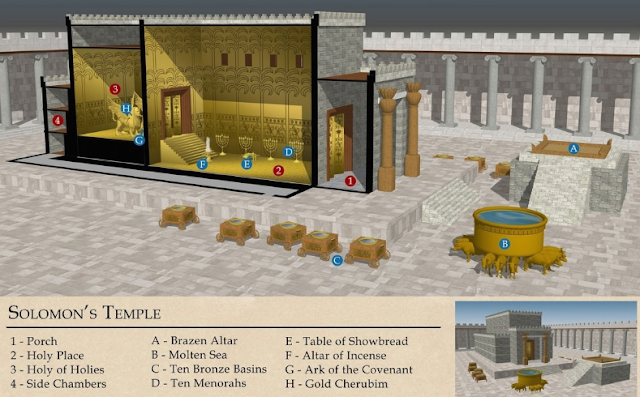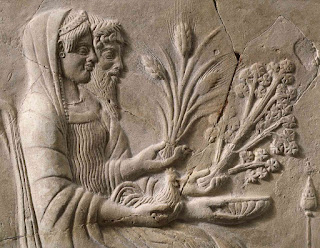Our Church, Our Jerusalem Temple

Our gospel story takes place in the iconic sacred space known as the Upper Room. Tapping into my inner Dwight Schrut, I say this. Fact: the first Christian church can be traced back to the Upper Room. It is where the first communion happened. It is where Jesus revealed to his disciples the full extent of the resurrection. And its where Pentecost happened. The Upper Room was the upstairs space of a larger home in Jerusalem. It is called the cenacle, and it is still there. Its been maintained well all these years and you can visit it. Why was it important to the first Christians 2,000 years ago all the way up to now to maintain that sacred space so well? Why is it important for us to take care of our church sanctuary? That’s the question I want to look at today. To answer this question we must go all the way back to the Jerusalem temple. The Jerusalem temple was segmented into three spaces. There was the: Porch: Also known as the vestibule. This is where people gathere
